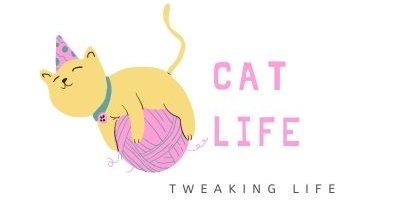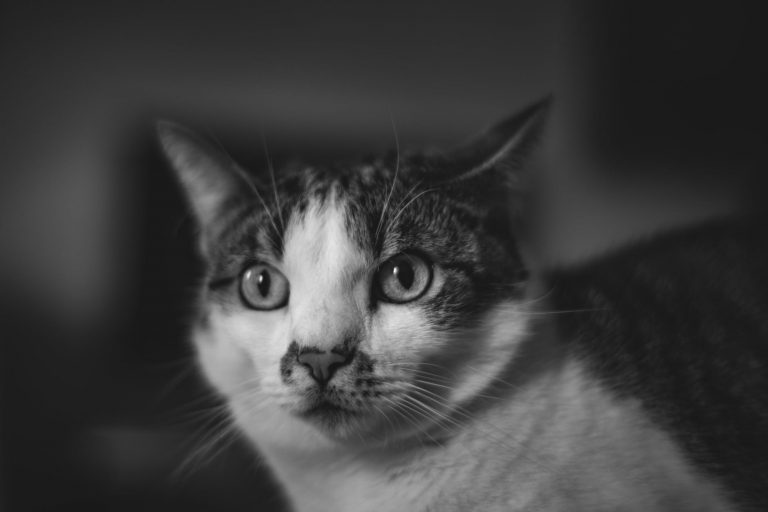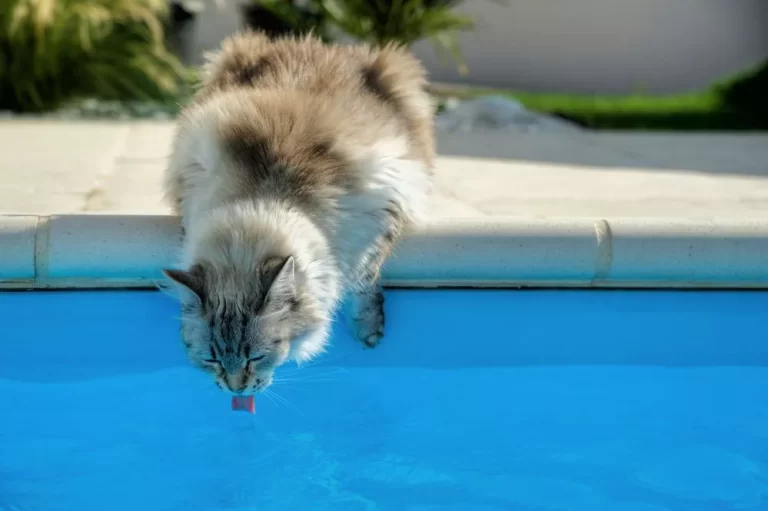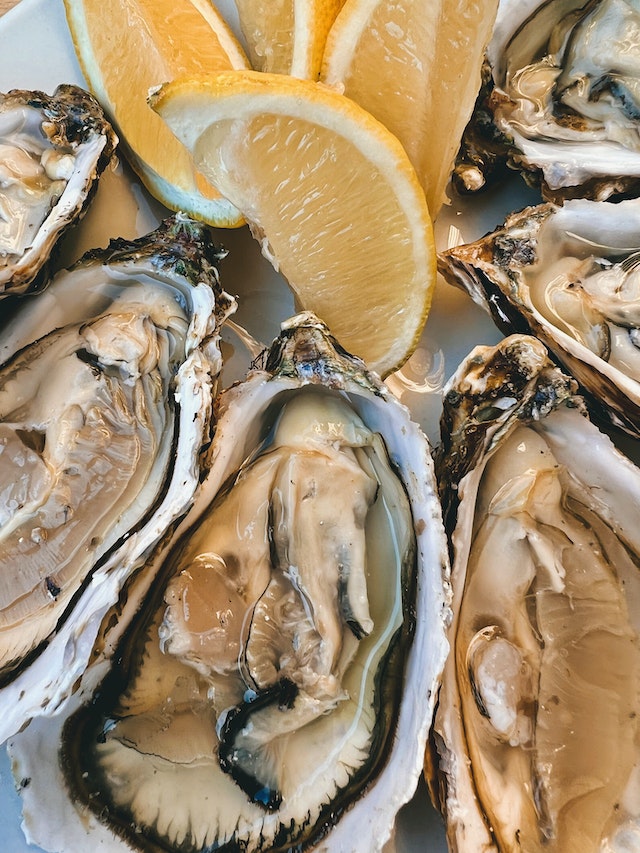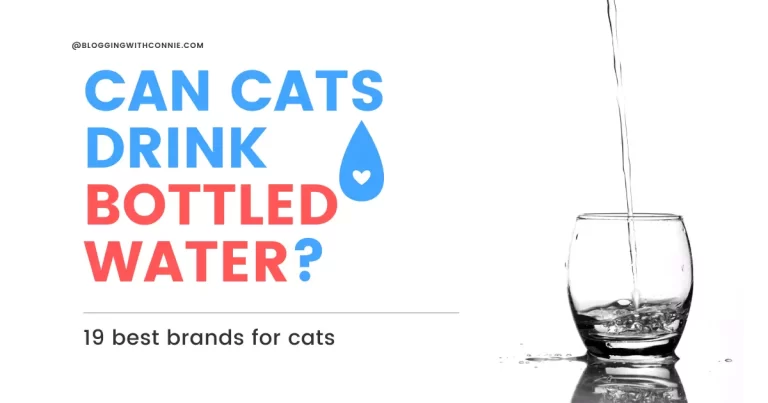Can My Cat Drink Almond Milk? 4 Main Reasons Cats Shouldn’t Have Almond Milk
Most adult cats are lactose intolerant. In the search for a healthier treat, almond milk may have crossed your head. After all, it’s plant-based and lacks lactose. But, is it really okay for cats to drink almond milk?
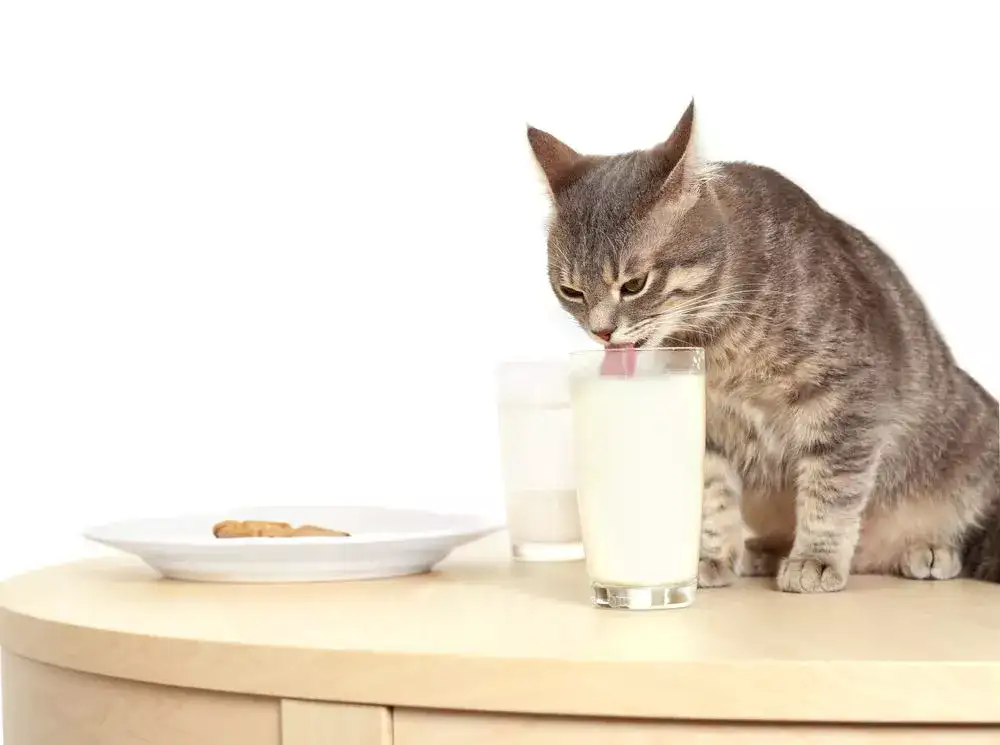
Can My Cat Drink Almond Milk?
Cats can drink almond milk. This vegan milk is low in lactose and may be an alternative to dairy milk, though it isn’t the best for cats. Kittens under the age of 6 weeks should not take almond milk. Their stomachs are extremely sensitive to new food compared to adult cats.
Adult cats with kidney problems or health issues should also stay away from almond milk.
4 Main Reasons Cats Shouldn’t Have Almond Milk
While almond milk lacks lactose, it may seem like the better option. And just because cats can drink it, doesn’t mean cats should have almond milk.
Here is why:
1. Artificial Preservatives and Additives
Store bought almond milk has loads of preservatives to make it last longer. These preservatives are to keep it shelf stable. This explains why homemade almond milk can’t last past a week.
Now, if you’ve made some almond milk at home, you know that soaking your nuts gives them a creamy texture.
While you may have the time to do this, commercial firms do not. But they still need that creamy texture. So, how do they achieve this?
Thickeners.
Cornucopia Institute did a study on Carrageenan, a common thickener used in non-dairy firms. Carrageenan is carcinogenic to lab animals (and potentially humans and cats).
Yes, it causes cancer. We don’t want to risk giving our cats cancer now, do we?
2. Almond Milk Is Low in Essential Nutrients for Cats
Cats are best suited to get their nutrients from animal products. Cats that have almond milk for long periods end up getting malnutrition.
Almonds being nuts have more fat than protein. For every 8 ounces of almond milk serving, there is only 1 gram of protein.
Cats need protein to survive. The little plant protein in almonds isn’t enough for your cat and they might end up with:
- Low energy levels
- Weight loss
Almonds also have a lot of fat. One serving of almond milk has 3g of fat, which is too high even for adult cats.
Consistently feeding almond milk to cats can easily make them obese.
3. Almond Milk Is High in Calories
Homemade almond milk is normally lower in calories than other plant-based milk types. Especially if it is unsweetened.
However, store-bought almond milk has a very high caloric content.
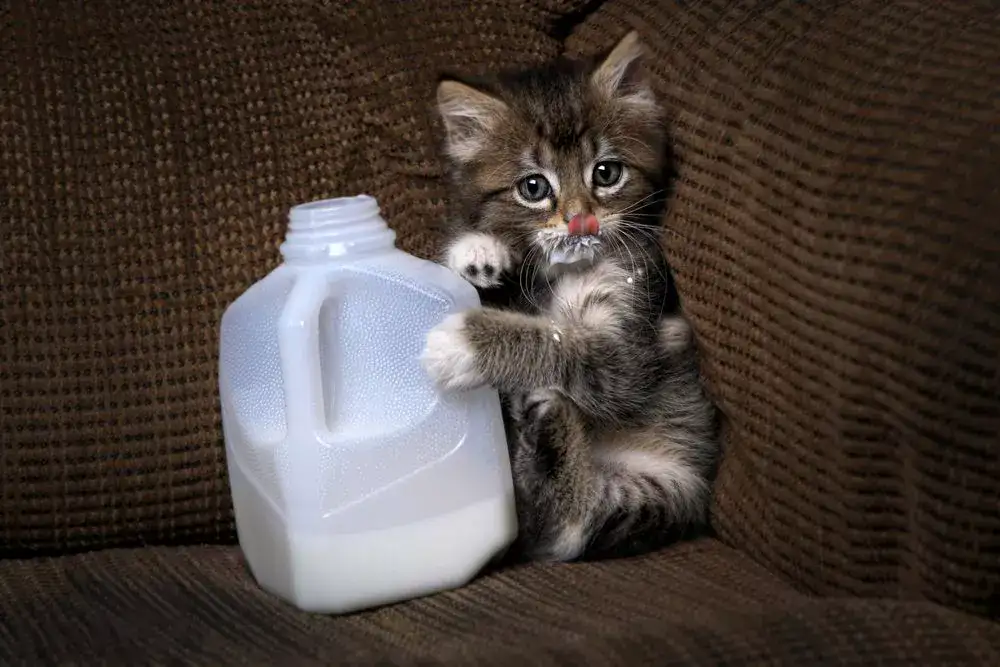
Commercial almond milk types normally have added sugars and flavors. These drive their caloric levels through the roof for cats.
For example, a cup of almond milk has anything between 30-60 calories. This is high especially if this is not the only thing they will be taking within the day.
4. Almond Milk Is Bad for Cat’s Stomachs
Remember Carrageenan? Most companies have stopped using it because of its carcinogenic nature.
But they still have to use something else to thicken the nut milk.
Enter gums.
Xanthan gum, guar gum, and locust bean gum are the most popular. While they are cited as safe, they still have some negative effects such as:
- Bloating
- Diarrhea from the laxative effect
- Intestinal discomfort
Can Kittens Drink Almond Milk As a Milk Replacement?
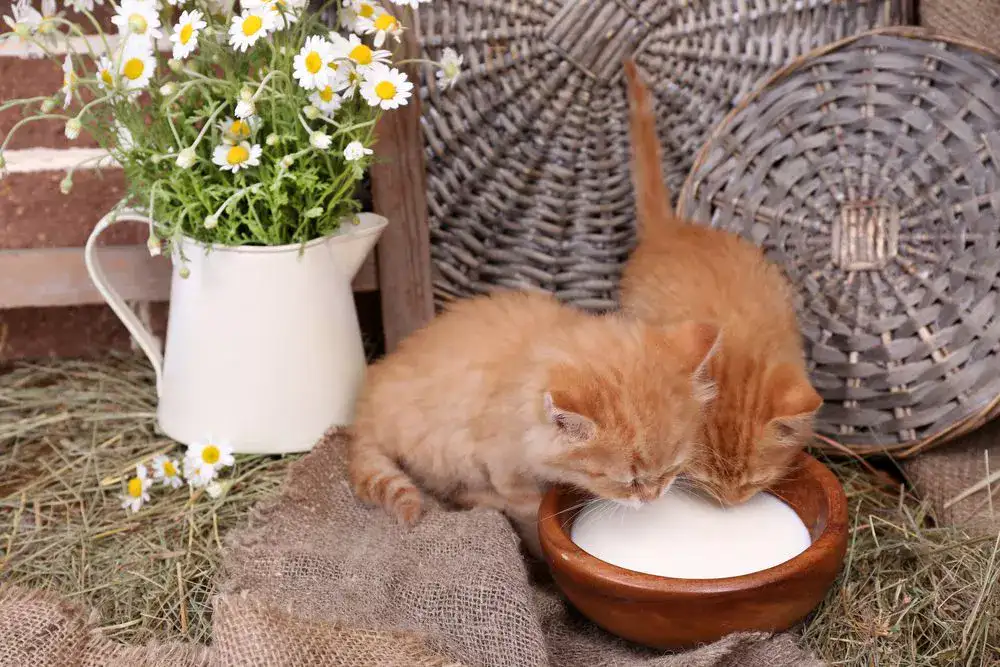
Kittens should never drink almond milk, especially if they are under 6 weeks. Almond milk lacks the proper nutritional value for them. This nut milk will only give them stomach aches and intestinal problems.
Almond milk is high in fiber. This is too much for kittens considering they have sensitive tummies.
Stick to giving your kitto some kitten milk replacer if the mum isn’t around.
Although almond milk is not toxic to cats, it doesn’t offer them any nutritional benefits. If you have to give your cat some almond milk, do so in moderation.
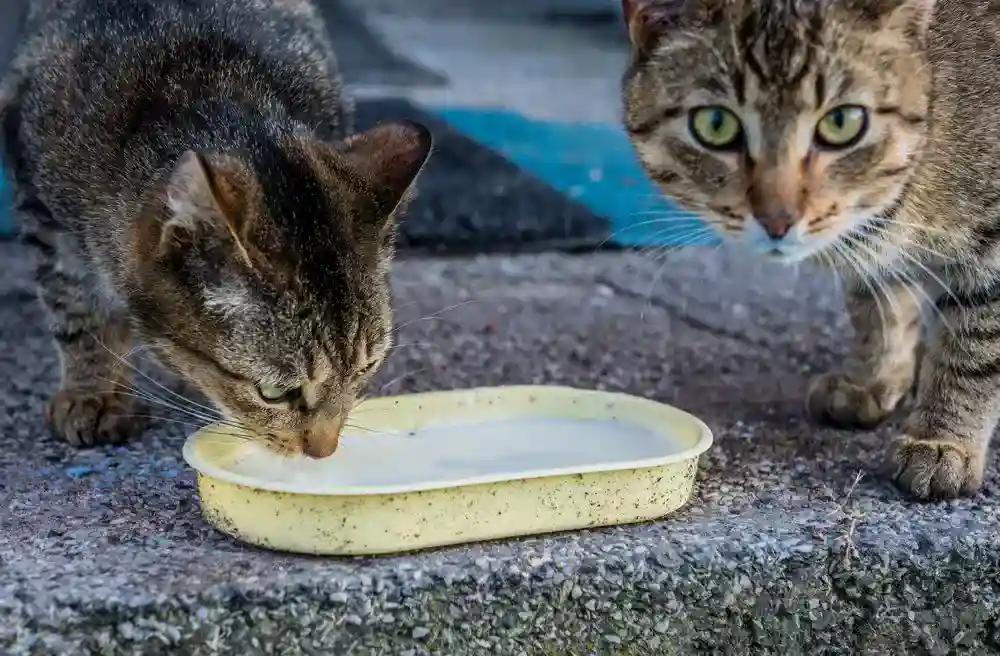
Can Cats Drink Vanilla-flavored Almond Milk?
Cats should not drink vanilla-flavored almond milk. Vanilla extract is toxic to dogs; even a small amount can be dangerous for your cat. Cats should also not drink chocolate almond milk. It usually contains theobromine, a substance that is toxic to cats even in small amounts.
